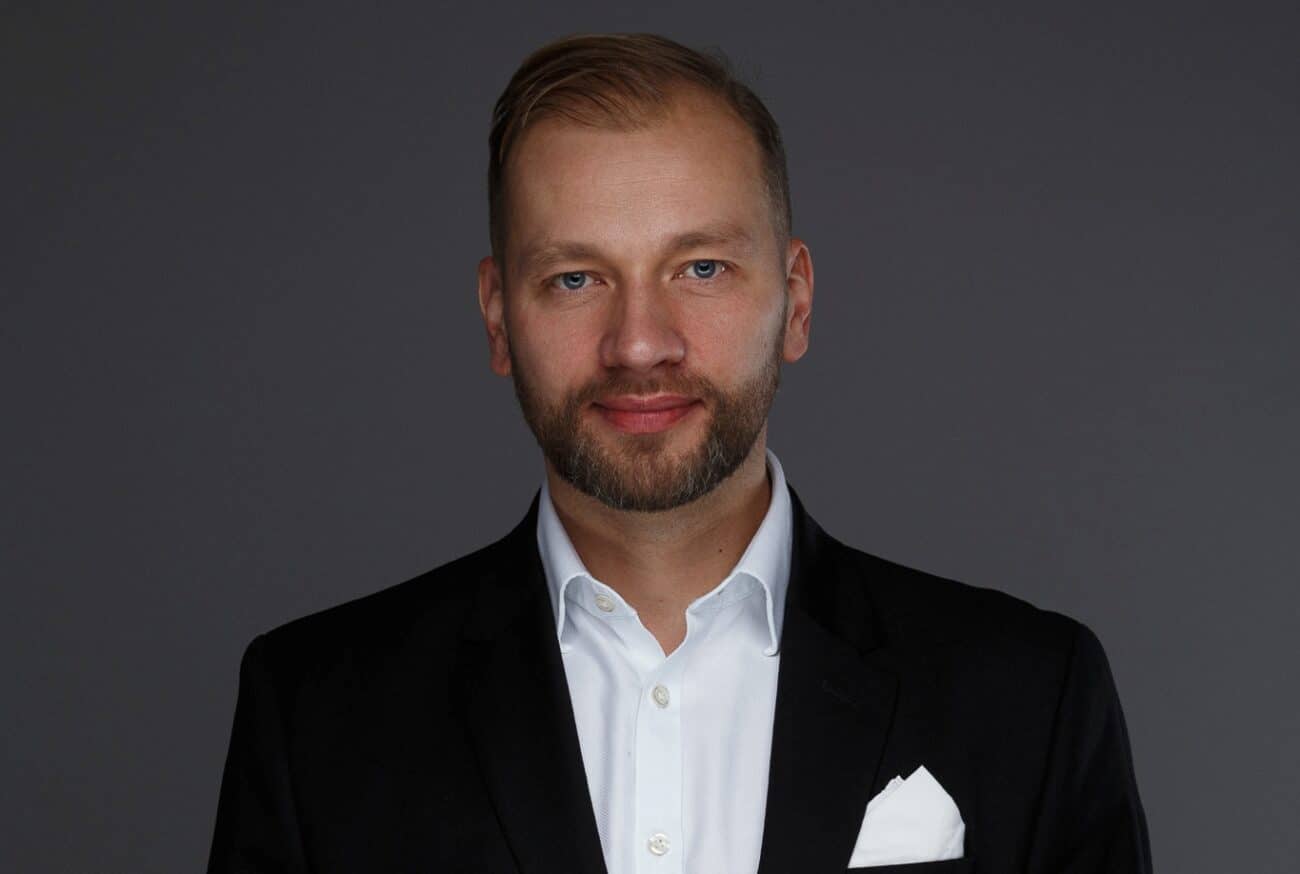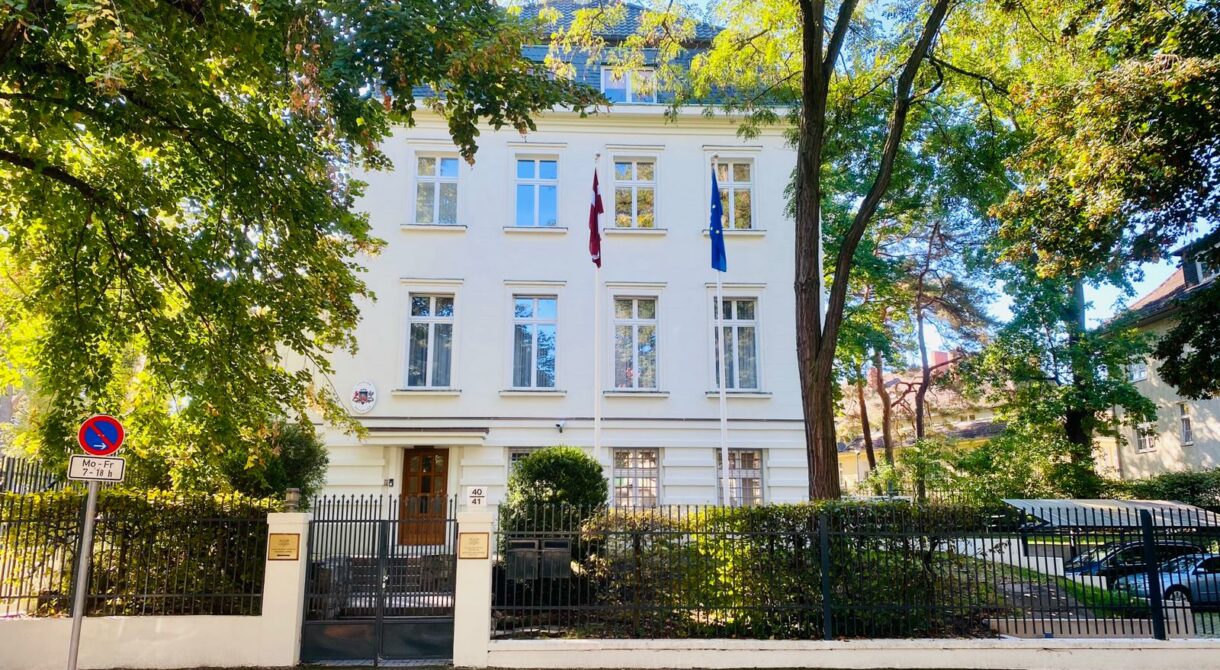Today’s economic map of the world is dominated by economic clusters: critical masses—in one place—of unusual competitive success in particular fields. Clusters are a striking feature of virtually every national, regional, state, and even metropolitan economy, especially in more economically advanced nations. Meanwhile, priority clusters can be about existing, leading market positions, but also about segments that are decisive for the strategic development of a destination and that are promoted and supported by the authorities.
Both types of clusters are particularly exciting approaches for international industries and knowledge exchange, innovations and the search for new, future-oriented meetings and congresses.
Presenting a destination as a knowledge hub is important for economic development but also for attracting business events – both require similar content, which, however, must be prepared for different target groups. Knowledge exchange and innovation are considered to be the most modern approach for collaboration and the global acceleration of solutions – which is particularly important in a post-corona business environment.
Knowledge & Business Development
According to Helmuts Salnajs, the representative of the Latvia Investment and Business Development Agency (LIAA) in Germany, there is a clear overlap between knowledge topics used for the conference industry and for business development.

Salnajs, who is based in Berlin, has two primary tasks – firstly to promote investments by German companies in Latvia and secondly to support the export of Latvian goods to Germany. He does so by personal recommendations, networking with professional societies and local and national trade associations, and does research for companies that may be interested in Latvia.
Salnajs, who is based in Berlin, has two primary tasks – firstly to promote investments by German companies in Latvia and secondly to support the export of Latvian goods to Germany. He does so by personal recommendations, networking with professional societies and local and national trade associations, and does research for companies that may be interested in Latvia.
A small but dynamic country, Latvia makes use of its limited resources in a targeted manner and therefore applies PR measures and direct approaches when promoting investment in order to get the message across as precisely as possible. LIAA maintains various models of economic development in each of the most important trading partner countries or markets – in Europe, these include, in addition to Germany, Scandinavia, France, the Netherlands, northern Italy.
German companies are very welcome in Latvia: a long, shared history and common cultural features have helped create a bond. Latvians like to learn from German companies and, conversely, there is a lot of innovation and dynamism in the country, from which established companies, which are sometimes stuck in structures, can also benefit.
Forests, wood, and smart
This cluster approach applies particularly well to forestry, which has a long tradition in Latvia, and to wood processing as a result. The latter can be traditionally done, but new ways are also being developed by start-ups and design companies. Many unusually beautiful and innovative products are made from the precious material, with surprising characteristics. Altogether, the wood and forest industry in Latvia has a lot of know-how and high employment rates, and is leading research in this specialized field, resulting in important innovations.
Latvia is also an important raw material supplier for Germany and there are a number of leading companies, especially in laminated wood production, furniture, wooden houses as well as start-ups like Ewart Wood or qinn Design, which are leading the way with innovative approaches.
A smaller but very future-oriented strategic development cluster for Latvia are Smart Materials and Smart Cities, with the LMT (Latvijas Mobilais Telefons) company as the driving force, which focuses on the development and implementation of 5G technology. This includes companies active in the development of drones (such as Atlas Dynamics or aerones) and which, like smart materials and smart city projects, require a fast and stable network.
On a concluding note, another very exciting project is the construction of the new Rail Baltica route. The largest rail infrastructure project in Europe on a pan-European level is intended to contribute to generating new growth for Latvia (and the Baltic States) and to promote economic cooperation in Europe as part of European post-corona strategies. Rail Baltica can be seen as a classic cluster project – with great potential for new structures and a current need for participation on a European and German level: not only equipment is required, but also technology solutions, architecture, engineering skills and many more services.
 Riga, Latvia
Riga, Latvia